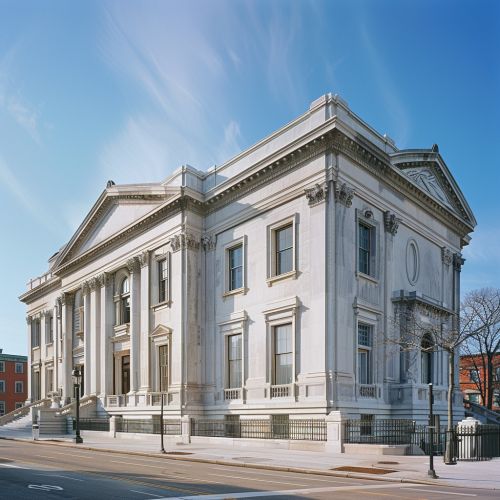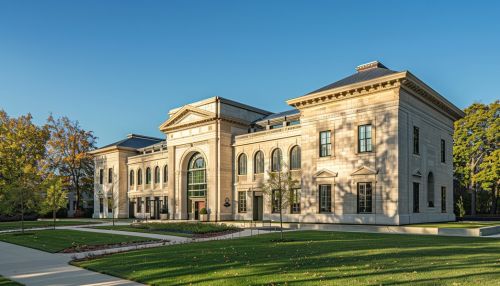American Academy of Arts and Sciences
History
The American Academy of Arts and Sciences (AAAS) is one of the oldest learned societies in the United States. Founded during the American Revolution by John Adams, John Hancock, and other leaders of the new nation, its purpose is to honor exceptionally accomplished individuals and engage them in advancing the public good. The Academy's membership encompasses over 4,600 Fellows and 600 Foreign Honorary Members and reflects the full range of disciplines and professions: mathematics, the physical and biological sciences, medicine, the social sciences and humanities, business, government, public affairs, and the arts.


Membership
Membership in the Academy is achieved through a thorough petition, review, and election process and has been considered a high honor of scholarly and societal merit ever since the Academy was founded during the American Revolution by John Adams, John Hancock, and others who believed the new republic should honor exceptionally accomplished individuals and engage them in advancing the public good. The Academy's dual mission remains essentially the same 240 years later with the addition of a third mission strand – to provide thought leadership, actionable knowledge, and policy advice.
Projects and Publications
The Academy carries out nonpartisan policy research by bringing together a broad range of scholars from diverse fields to address critical challenges facing society. They are organized into five classes and twenty-four sections. Each class focuses on a major area of human endeavor: the physical sciences; biological sciences; social sciences; humanities and arts; and public affairs, business, and administration.
The Academy regularly publishes a journal, Dædalus, with articles that range across disciplines and draw upon the wide-ranging expertise of the Academy's membership. It also publishes a magazine, The Bulletin, which features Academy news, programs, member profiles, and project updates.
Awards and Prizes
The Academy administers several awards and prizes, including the Emerson-Thoreau Medal, awarded for literary achievement; the Amory Prize, awarded in biological and medical sciences; and the Rumford Prize, awarded for contributions in the fields of heat and light. These awards have been bestowed upon some of the world's most significant scientists, scholars, and artists.
